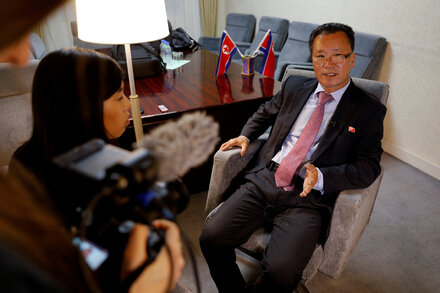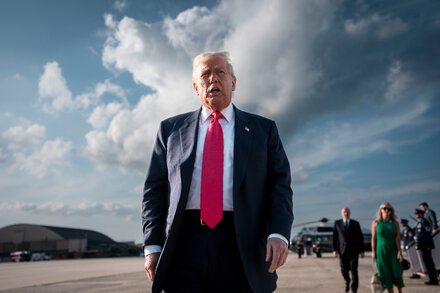Washington D.C. — The United States has announced a substantial loan package to Argentina, a move intended to bolster the South American nation’s economy but one that has immediately ignited considerable political debate and potential unrest within Argentina.
The bilateral agreement, unveiled following discussions between top U.S. officials and the administration of Argentine President Javier Milei, comes as Argentina continues to grapple with persistent economic challenges, including high inflation, a significant fiscal deficit, and a substantial debt burden. Sources close to the negotiations indicated the loan is part of a broader strategy by Washington to strengthen economic ties and support market-oriented reforms in key Latin American partners.
While the specific terms of the loan are still being finalized, preliminary reports suggest it could involve several billion dollars, potentially tied to structural reforms in Argentina’s state-owned enterprises, energy sector, or fiscal consolidation efforts. A senior U.S. Treasury Department official, speaking on background, emphasized the strategic importance of the commitment.
“This loan package underscores our unwavering support for Argentina’s efforts to stabilize its economy, foster sustainable growth, and integrate more fully into global markets,” the official stated. “It reflects our shared commitment to democratic values and free-market principles, and we believe it will provide crucial stability for the Argentine people.”
Political Fallout in Argentina
However, the prospect of increased indebtedness to the United States has ignited sharp criticism from Argentina’s political opposition and various civil society organizations. Opponents have raised concerns regarding the potential for a loss of economic sovereignty, the secrecy surrounding the loan’s conditions, and its alignment with the government’s broader, often controversial, economic strategy.
Lawmakers from opposition blocs have called for transparency and a full parliamentary review of the agreement, questioning whether the proposed conditions could lead to austerity measures that further impact ordinary citizens.
“To indebt Argentina further to a foreign power, particularly with potentially restrictive and undisclosed conditions, is a grave error that undermines our national interests,” declared a prominent opposition senator during a press conference in Buenos Aires. “We demand to understand the full terms and ensure that this does not exacerbate existing social inequalities or compromise our future economic autonomy.”
Supporters within President Milei’s administration, however, view the loan as a critical lifeline and a vote of confidence from a major global power. They argue it will provide much-needed liquidity, stabilize the peso, and attract further foreign investment necessary for Argentina’s long-term recovery.
“This agreement is a testament to the international confidence in Argentina’s new direction and President Milei’s decisive reforms,” said Argentina’s Economy Minister in a public statement. “It provides crucial capital and a pathway to unlock our nation’s immense productive potential, all while maintaining fiscal responsibility and without compromising our sovereignty.”
Analysts suggest that while the loan could provide a short-term fiscal boost for Argentina, its long-term impact will heavily depend on the government’s ability to effectively implement the necessary reforms and navigate the intense political fallout. The move also signals a deepening of strategic alignment between Buenos Aires and Washington, potentially reconfiguring regional power dynamics, but at the cost of heightened domestic tension.
Source: Read the original article here.





